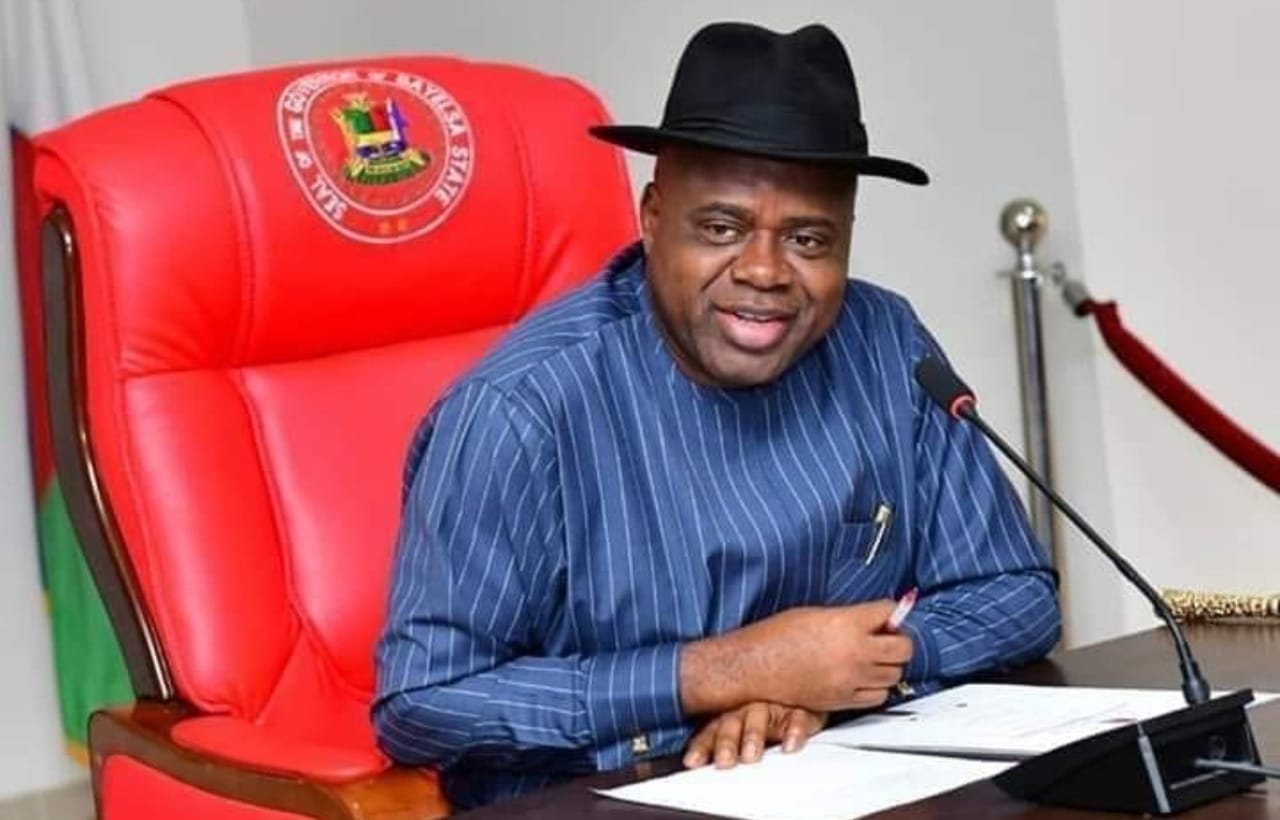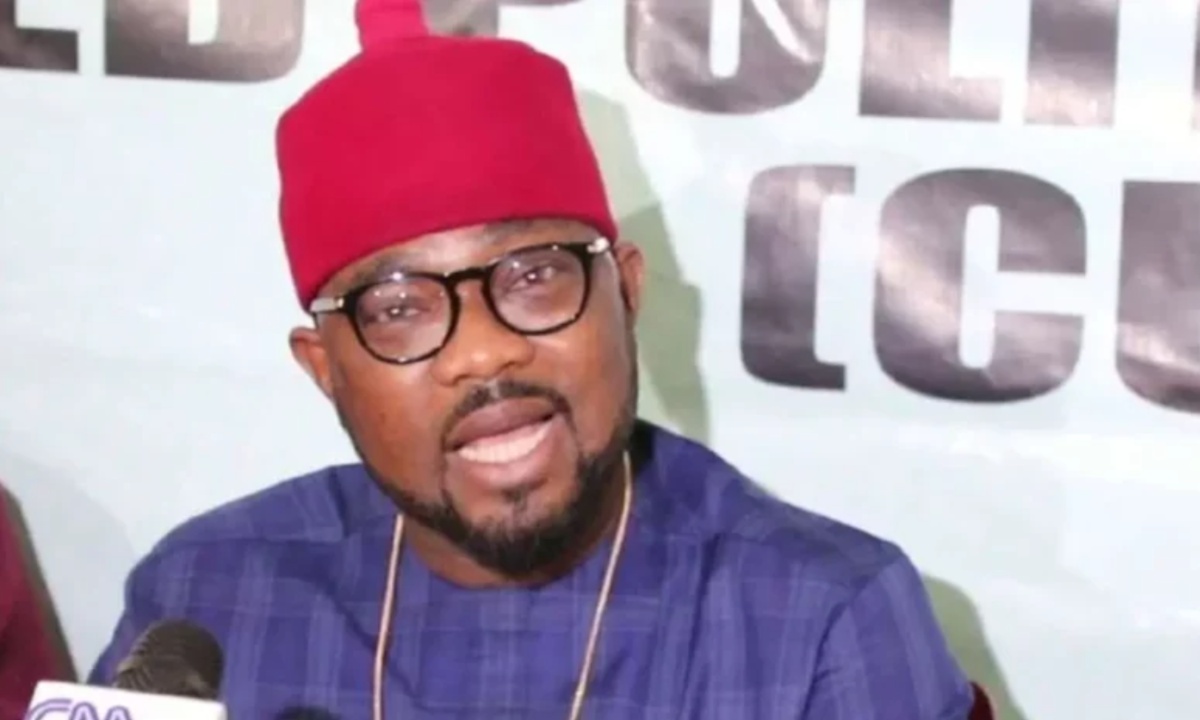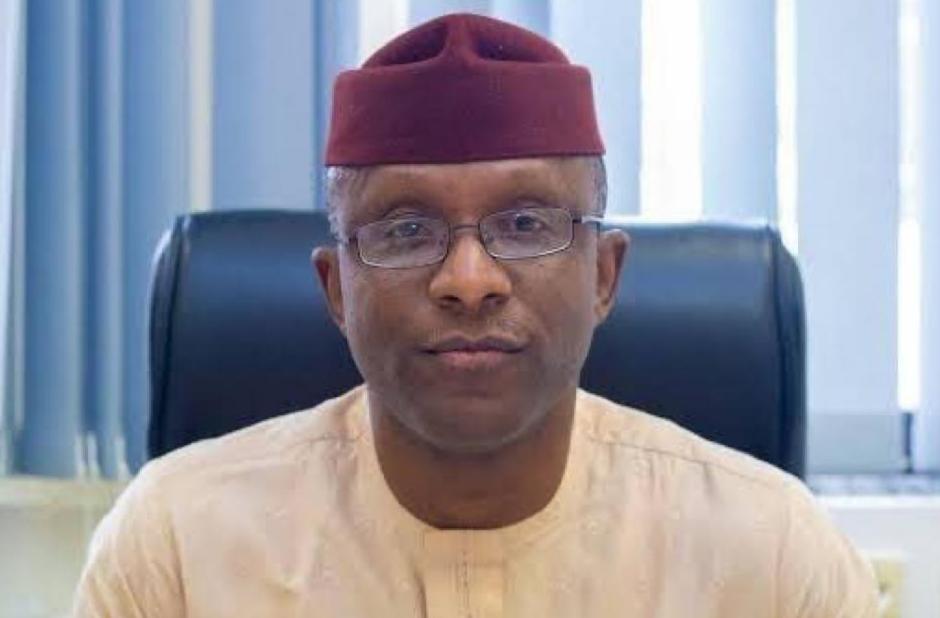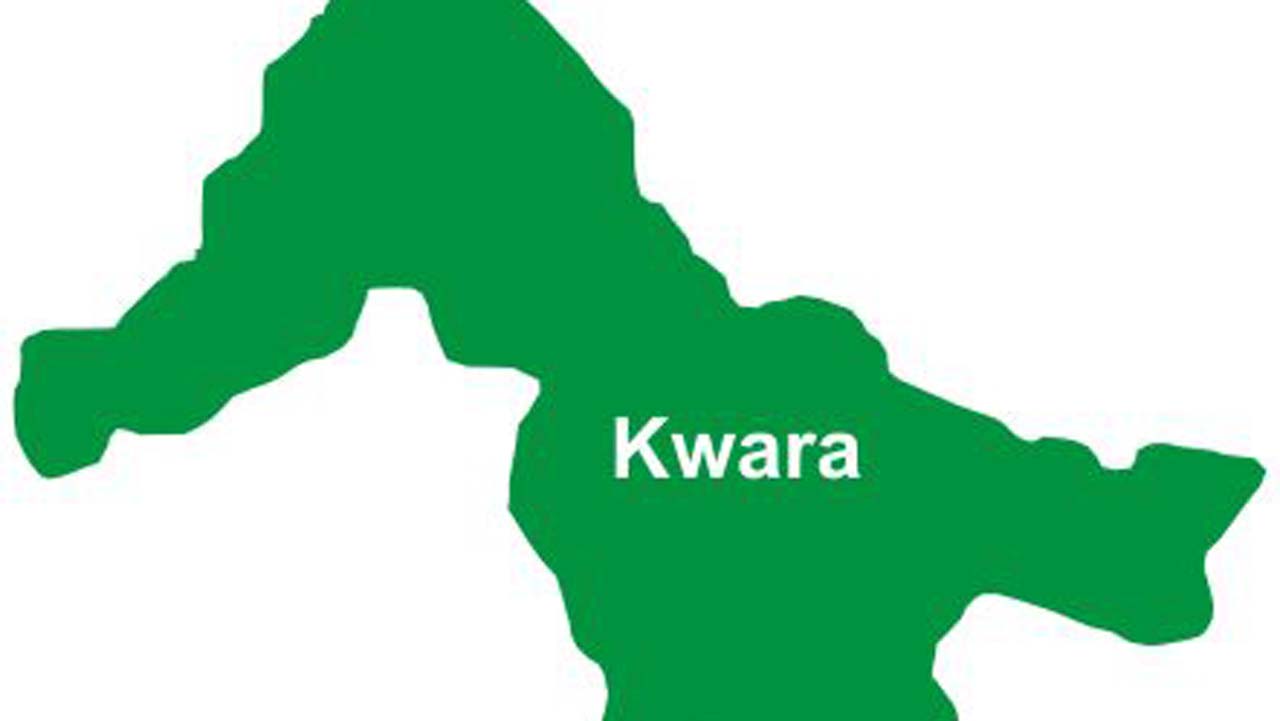...CLICK HERE TO CONTINUE READING.>>
The 2023 general election in Nigeria brought about a significant political upset, particularly in the North Central region, as many political heavyweights were brushed aside by a tidal wave of change.
Thank you for reading this post, don't forget to subscribe!The most affected party in the region was the Peoples Democratic Party, PDP,, which saw all of its incumbent senators
lose their bids for re-election, with the exception of Abba Moro from Benue South.
The North Central region, comprising six states – Kogi, Plateau, Benue, Kwara, Niger, and the Federal Capital Territory (FCT) – holds a significant number of Senate seats, with a total of 19 senators.
Before the 2023 election, the Senate representation from the region stood with the All Progressives Congress, APC, holding the majority in several states, while the PDP held its ground in others.
The pre-2023 election Senate composition in the North Central region was as follows: Niger: APC – 3; Kogi: APC – 3; Plateau: APC – 2, PDP – 1; Kwara: APC – 3; Nasarawa: APC – 3; Benue: PDP – 3 and FCT: PDP – 1.
However, after the 2023 election, the political landscape in the North Central region underwent a significant transformation. All incumbent PDP senators, except for Abba Moro from Benue South, lost their re-election bids.
As a result, the Senate representation from the region for the 10th Assembly stands as follows: Benue: PDP – 1, APC – 2; Kogi: APC – 3; Nasarawa: SDP – 2, PDP – 1; Plateau: PDP – 2, APC – 1; FCT: Labour Party – 1; Kwara: APC – 3; Niger: APC – 2, PDP – 1.
With this new composition, the PDP finds itself in the minority within the North Central region’s Senate representation for the 10th Assembly. The APC holds the majority with 11 senators, while the PDP has 5 senators. The Social Democratic Party (SDP) has 2 senators, and the Labour Party has 1 senator.
Interestingly, since its formation in 1998, North Central has produced six out of the 14 PDP chairmen so far.
The PDP’s diminished presence in the North Central region’s Senate representation raises questions about the party’s future strategy and its ability to effectively influence legislative decisions in the region. It will be crucial for the party to regroup and rebuild its support base in order to regain prominence in subsequent elections.
In an interview with DAILY POST, Edwin Onuh, a prominent member of the Peoples Democratic Party (PDP) from Benue State, expressed grave concern over the party’s dwindling fortunes not only in the North Central region but across Nigeria as a whole.
Onuh described the outcome of the 2023 general election as a harbinger of the PDP’s demise in the country.
He emphasised the proverbial notion that a house divided against itself cannot stand, stressing the urgent need for the party to regroup and strategize if it wishes to survive.
From Onuh’s perspective, the PDP is currently in a state of coma and requires immediate attention akin to that of a patient in the political intensive care unit.
He stressed the necessity of addressing the party’s internal challenges before it succumbs to a final demise.
According to him, “Like they say, a house divided against itself cannot stand.
“It is a bad omen and I think we need to go back to the drawing board and put our house together if we want this party to survive.
“From all indications, the PDP is now in a state of coma. The party is in a political intensive care unit and needs urgent attention before it finally dies.”
Echoing Onuh’s sentiments, another PDP member from the Federal Capital Territory (FCT), Sunday Okechuku, from Karu Ward, attributed the party’s electoral losses in Abuja during the last election to what he referred to as the “Peter Obi – ‘Obidients’ tsunami” that swept across the country.
He said, “You can’t blame anybody because it was obvious that the electorate, especially the youths, were tired of the old parties and politicians.
“Like in Abuja, I am sure most of the people who voted for the Labour Party candidate, Ireti kingibe didn’t even know her. She didn’t campaign but won. That is to show you that she won on the wings of Peter Obi.
“For me, I don’t think all hope is lost. But we have a lot of work to do. It is sad that the once largest party in Africa is now struggling to be the main opposition party with the Labour Party.”
He called for an urgent need for the PDP to address its internal divisions and reevaluate its strategies to reverse its declining fortunes.
He further cautioned that failure to do so may lead to further electoral setbacks and potentially spell the end for the party in Nigeria’s political landscape.
The PDP’s stand in the 10th Assembly in the North Central region will require strategic planning, effective leadership, and the ability to work across party lines to achieve positive outcomes for the region.
It remains to be seen how the party will navigate these challenges and rebuild its political influence in the region in the coming years.
10th NASS: PDP’s presence diminishes in North Central










